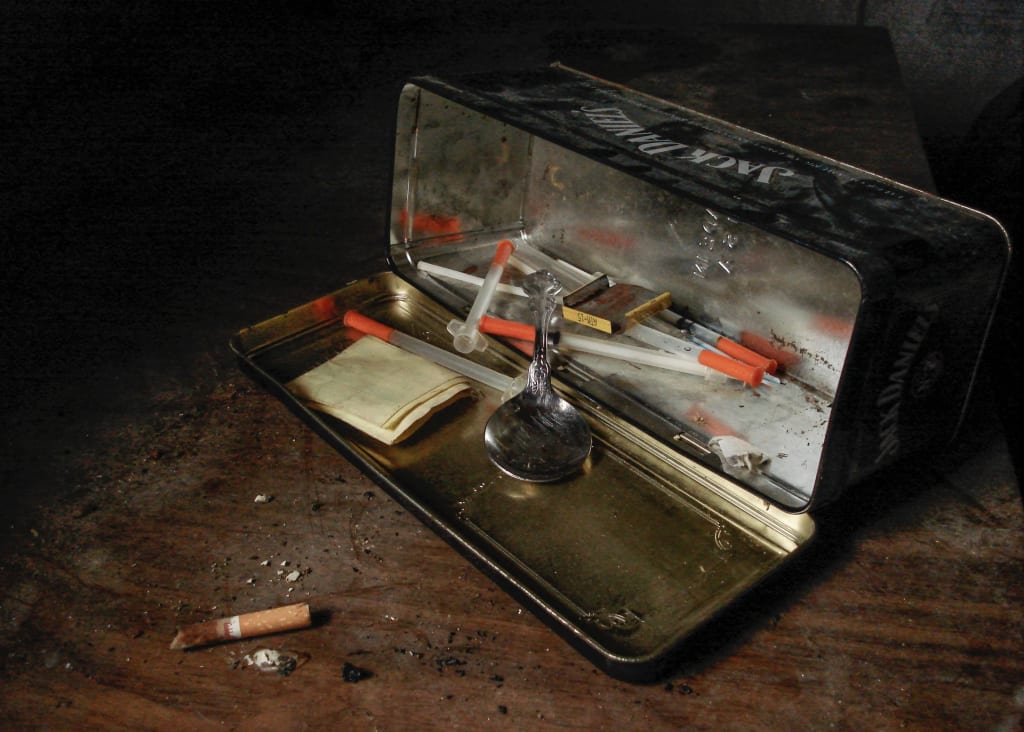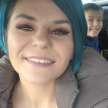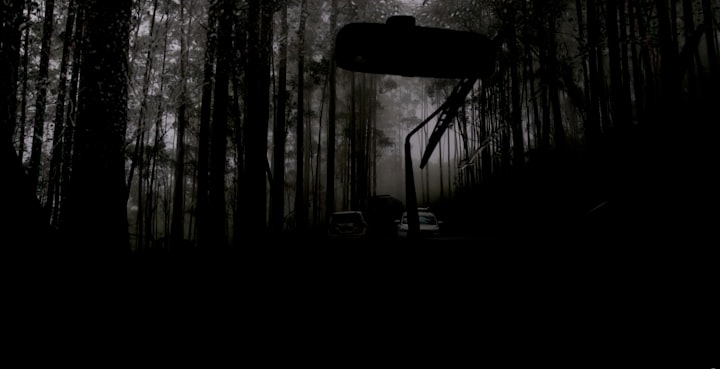
My morning coffee is always a time for me to contemplate great questions that I see pop up on my Twitter or Facebook feed. This morning I saw a question as I scrolled, that I see or hear Every. Single. Day. It's a question, that as an addict, used to instantaneously spark anger on my skin and send my blood into a frenzy of boiling bubbles. Although that is no longer the case, it's a question I will never grow tired of answering.
Is addiction a choice, or a disease?
If you had asked me two years ago, in the throes of my latest relapse, I would have told you, as I always believed, that it was a disease. I consider myself an open-minded person. I listen to arguments from both sides, and from people who stand on the fence, and then I research. After that, I usually make an opinion. When it comes to addiction and alcoholism, however, because of my own personal and familial experiences on both sides, I would insist that it was a disease. Period.
Progressive, incurable, and fatal if left untreated: Dictionary.com literally defines a disease as: “a disordered or incorrectly functioning organ, part, structure, or system of the body resulting from the effect of genetic or developmental errors, infection, poisons, nutritional deficiency or imbalance, toxicity, or unfavorable environmental factors; illness; sickness; ailment.," or "any harmful, depraved, or morbid condition, as of the mind or society."
By very definition, addiction is a DISEASE. Not only is it defined so by the dictionary, but alcoholism was first recognized as a disease in 1956 by the AMA (American Medical Association), and addiction was recognized as a disease in 1987.
There are people who will argue that addiction is a choice. I agree wholly, that addiction indeed starts with a choice (most of the time), just as a relapse begins with a conscious decision to get loaded. But the fact is, just like life, this issue is not all black and white. It's not even gray. There are a myriad of factors that contribute to a person's ability or inability to get clean and sober and stay that way. There are addicts who make dirtbag decisions, there are addicts who are good people, and there are addicts who are good people doing bad things.
But the thing that the vast majority of us wish normal people would see is that we are JUST LIKE YOU. The fact is, not one of us woke up one day and decided, “Gee, I think today I want to be a junkie.” Most of us wanted to be lawyers, astronauts, princesses, football players, and other things. I wanted to be a ballerina, a police officer, an American Soldier, a model. Later in life, I wanted to be an oral maxofaciall surgeon, a CIA agent. My entire life, I wanted to be a writer.
My story is a familiar one. I grew up in the quintessential broken home. These days my family is far less broken, but my formative years were full of drama, trauma, and chaos. I mostly raised myself. I grew up with a drug addict step-sister, and later a blood sister. I found drugs at a young age, but by the age of 16, I had decided I didn't want that to be my story. I played sports my whole life and I went through several injuries with no pain medications. I shipped off to Basic Training directly after graduating (the only of us 4 girls that graduated or had a GED at the time). When I was discharged at the end of Basic Training due to a mysterious illness and recurring, chronic pain, I ended up in a place where many chronic pain patients found themselves: addicted to opiates with their prescriptions being yanked. I was sent into withdrawals, thinking I had the flu. It wasn't until a friend told me what was happening to my body that I knew I was withdrawing. I wasn't warned that was a possibility, I had no clue about anything opiate related. My brief stint with hardcore street drugs only involved uppers.
Eventually, I found myself addicted to heroin. I battled for 8 years between living as a functioning addict and a straight-up junkie. My saving grace was having children- they kept me living a relatively normal life for a long time until my addiction kept rearing its ugly head. Eventually, I found myself forced into rehab and Oxford. Then I found myself with almost a year clean. The ONLY reason I was able to get clean, despite countless attempts before, was treatment and Oxford. They saved my life. Part of my story does involve relapse after nearly a year of total and complete abstinence. I made a sober and conscious choice to get loaded on a substance that I only used intermittently at best: methamphetamines. I thought I'd be able to control myself, and BOY did I have that wrong. I did not have a love-hate relationship with it as I did with heroin. In all honesty, I loved everything about it.
I didn't get clean again by going to treatment or going to jail. I didn't get clean because I had to, and I wasn't struggling to live a relatively normal life. My use had zero adverse effect on me by the end of my run. Nothing really gave me rock bottom. I went to bed one night and DECIDED that I was done. I no longer had a desire to use. I wasn't really going to any sort of 12 step program like I did last time. I had no help from Oxford. I had a drug dealer living in the immediate vicinity that I could pick up from whenever I wanted whether I had cash or not. I wasn't using against my will. I wasn't even using regularly for almost 6 months. There was no rhyme or reason other than that I was done, and that was a choice. It took every ounce of courage within me to make that choice, and it isn't a one-time choice either. I have to wake up every morning and choose all over again. I must choose to continue to be finished with it. I must weigh every option that comes to my table and decide: is this taking me closer to relapse or closer to success? That may be an oversimplification to some people, but the reality is, if I don't look at it in black-and-white terms, then someday I may find myself headed right back to the pits of hell I clawed myself out of.
The fact is though, this isn't the case for everyone. Some people get clean and still use weed without it affecting them being able to stay off of hard drugs. Some people have to completely abstain from ALL mind and mood-altering substances. Some people need therapy, treatment, Oxford, 12 steps, and so many other tools to stay clean. Some need jail, prison, death, or rock bottoms to get clean. The fact of the matter is, most people who use drugs are self-medicating in some capacity or another. Whether it is to avoid trauma, their own character defects, or mental health, it is irrelevant. The point is, addiction IS treatable. It may not be curable. One path of recovery may not work for another. But we (humans, as a whole) all need access to treatment. We are ALL addicted to something unhealthy, even things that aren't substances. We could ALL benefit from living and working some semblance of a 12 step program that allows us to analyze ourselves, our strengths, our weaknesses, our mistakes and successes, and gives us room to grow and adjust, to help people, and work towards a higher purpose and a greater good.
So today, I answer the question: Is addiction a choice or a disease?
Answer: Does it really fricking matter? The fact is, it's an epidemic that is having an effect on our entire country, and something needs to be done about it.
(This article was previously published on Bout That New Life, my personal blog. Edits for clarity, flow, etc have been made)
About the Creator
Starshine
She/Her
30
Recovering addict, poet, mental health advocate






Comments
There are no comments for this story
Be the first to respond and start the conversation.